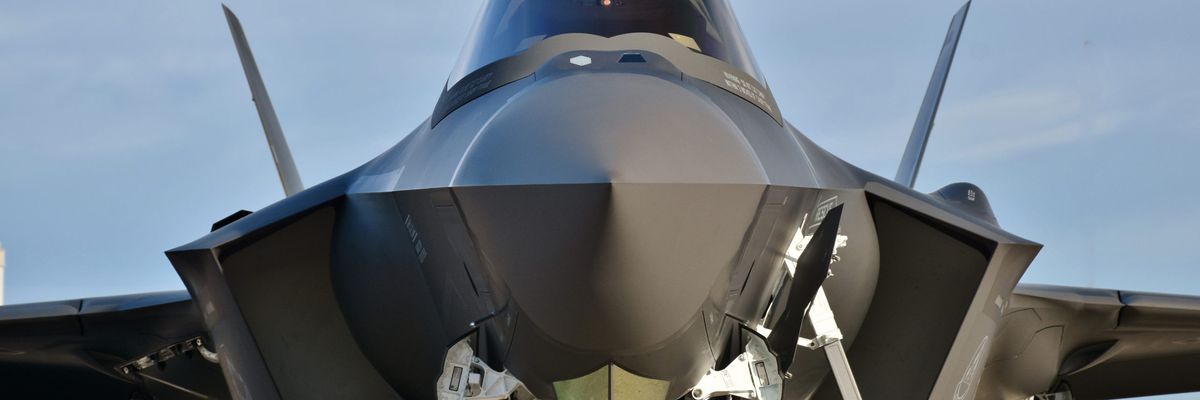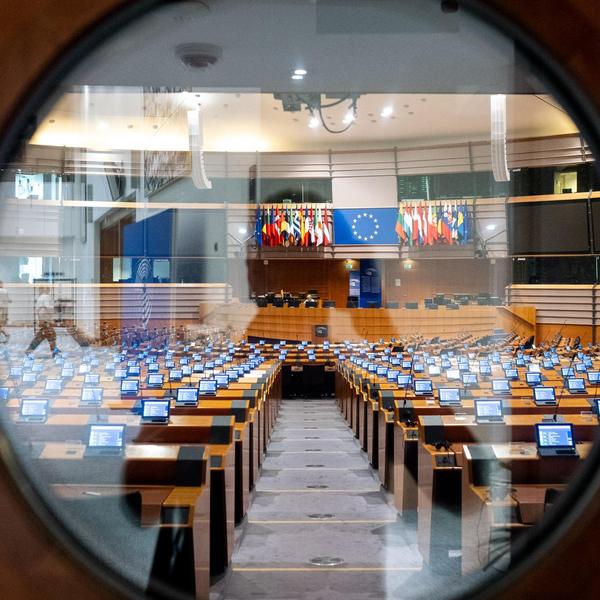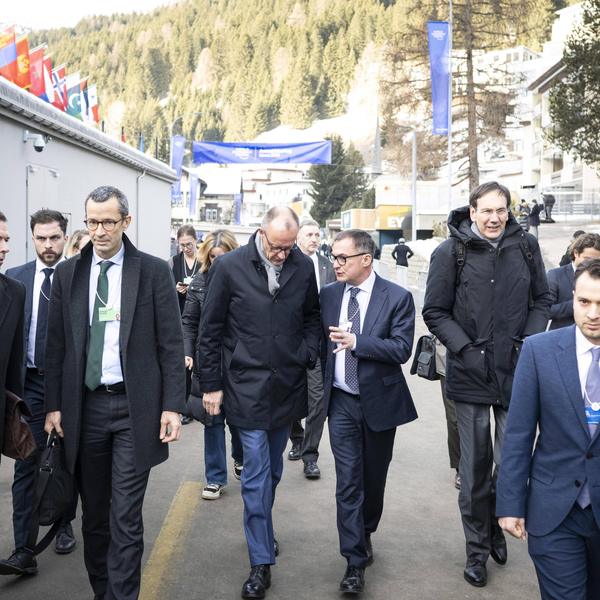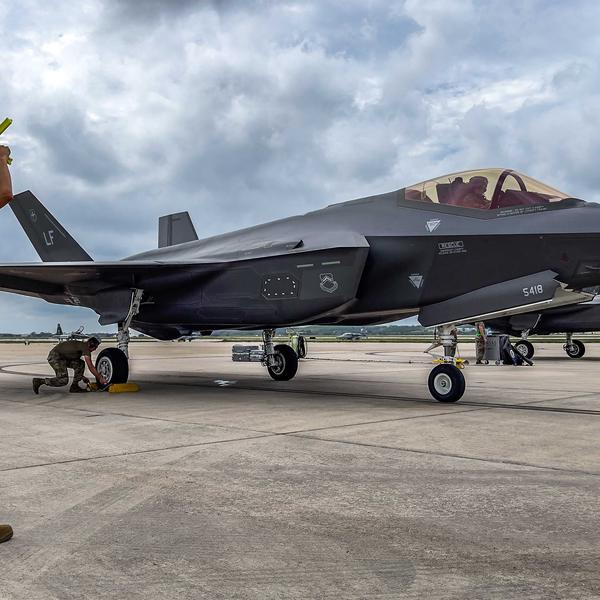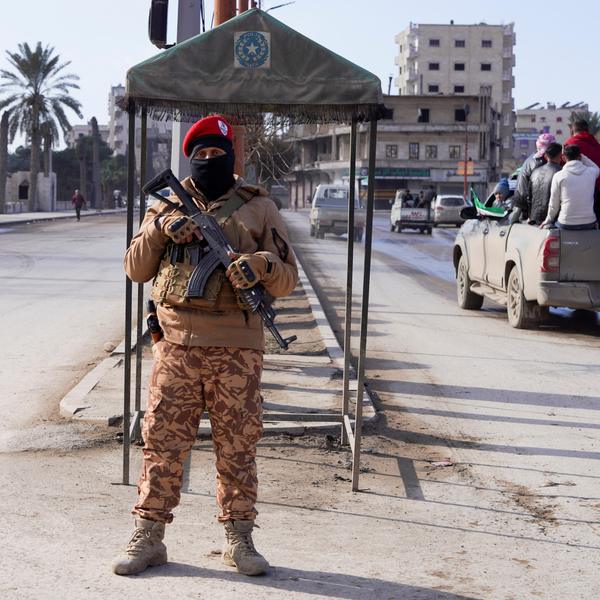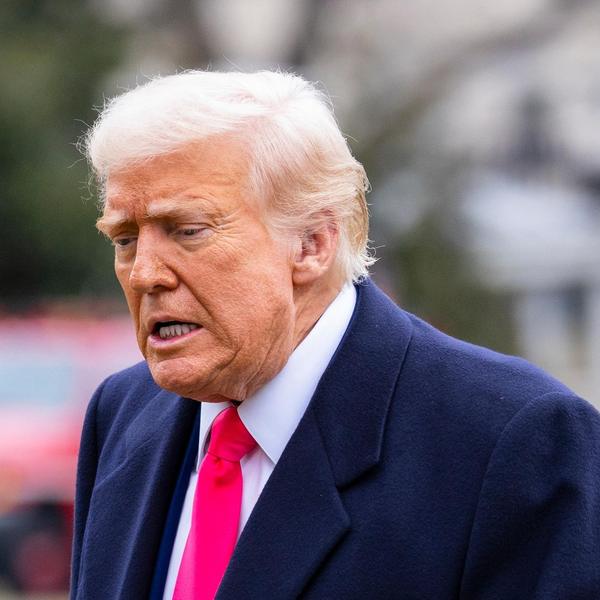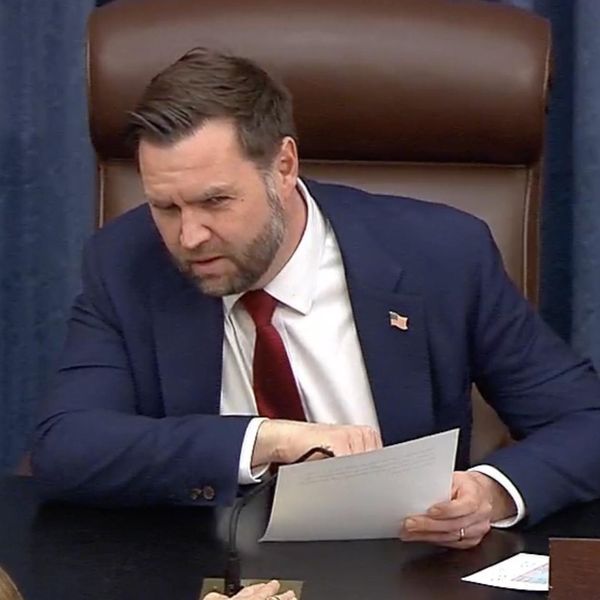We know that the Trump administration will do almost anything to get as many Arab countries as possible on board with Israel “normalization” before the election, but the true extent of how transactional this process has become hasn’t been exactly clear. Until now.
“They start an arms race and call it peace,” tweeted foreign policy writer Daniel Larison on Tuesday morning.
He was responding to news reports this week that the Israelis have dropped their opposition to the sale of the F-35 fighter to the United Arab Emirates after Defense Minister Benny Gantz met with Pentagon officials in Washington on Friday. The upshot: the two sides signed “a joint declaration confirming the United States’ strategic commitment to maintaining Israel’s qualitative military edge in the Middle East for years to come,” Gantz’s office said afterward.
In theoretical terms, that means a reaffirmation of decades-old policy in which Washington guarantees Israel’s military superiority over its neighbors, mostly by keeping a balance (with an “edge” toward Tel Aviv), between the arms it sells Israel and the military capabilities of its other partners in the region. In practical terms, the statement means that DoD officials promised Israel more stuff in exchange for dropping their earlier resistance to the F-35 sale.
What the Israelis will get out of it is anyone’s guess, but according to Israeli newspaper Haaretz, Gantz and other officials have renewed their requests that the Pentagon remove “obstacles” to purchasing the F-22 Raptor stealth fighter, which the United States has so far barred from any foreign buyers, including its good friend Israel. The F-22, considered the most advanced fighter jet ever made, closed its production line in 2011, and restarting it would be terribly expensive, say industry experts. Furthermore, the Air Force is not interested in selling any of the some 180 irreplaceable Raptors it has in its hangars today.
But whether or not the F-22 is on the table (the Pentagon says it’s not) according to Haaretz, Israel has already requested up to $8 billion in new arms sales in the wake of September’s U.S.-brokered “Abraham Accords,” in which Abu Dahabi and Tel Aviv officially opened diplomatic relations.
“I have referred to the Abraham Accords as the ‘Arms Sales Accords’ because they could yield tens of billions [of dollars in] new arms sales to the region,” William Hartung, director of the Arms and Security Project at the Center for International Policy, tells Responsible Statecraft. “They will do more for weapons contractors like Lockheed Martin and Boeing and undemocratic regimes like the UAE than they will to promote peace in the region.”
The arms bazaar began back in August when news started trickling out that the F-35 deal to UAE had been accelerated by chief White House peace dealer Jared Kushner in hopes of guaranteeing Abu Dhabi’s buy-in on normalization. Reports also indicated that the UAE would also get access to billions of dollars in drones and other weaponry. Reacting to the news, Israel officials criticized Prime Minister Benjamin Netanyahu for seemingly keeping them in the dark, and efforts have since been made to thwart the F-35 transfer in the U.S. Congress.
“This rush to close an F-35 deal by President Trump before the end of his term could well undermine [Israel’s] qualitative military advantages over all potential adversaries,” said Sen. Bob Menendez, D-N.J., who introduced legislation with Sen. Dianne Feinstein, D-Calif. on Oct. 20 that would make any arms sales to Middle East buyers contingent on preserving Israel’s QME.
The legislation comes as Qatar, Abu Dhabi’s nemesis, has reportedly also formally requested to buy the F-35. Israeli Energy Minister Yuval Steinitz, who sits in Prime Minister Benjamin Netanyahu’s security cabinet, used the news to lash out at the United States, saying that the Trump administration “ultimately looks out for American interests,” and that Israel would demand “appropriate compensation.”
That is the rub: the United States has maintained Israel’s regional QME by selling Tel Aviv more and better stuff above and beyond the new, but slightly less sophisticated versions it sells to Israel’s neighbors, says Geoffrey Aronson, a non-resident scholar at the Middle East Institute. Tel Aviv already has the F-35, for example. One of Gantz’s asks on Friday, reportedly, was that a lower-grade version of the F-35 be sold to UAE.
“In a sense we have seen this movie before,” all the way back to when the QME was first instituted by President Lyndon Johnson in 1968, through the Camp David Accords that led to the Israel-Egyptian peace treaty in 1979, and the U.S.-Saudi “awacs” deal in 1981, Aronson tells Responsible Statecraft. “So Israel complains, and their concerns are taken into account and Israel’s neighbors end up getting a B-version of the top of the line.”
But this benefits everyone, including the defense industry in the United States, which is the biggest arms dealer in the world.
“The MICC (Military Industrial Congressional Complex) of course wants to expand the market for U.S. fighter planes,” Dan Grazier at the Center for Defense Information at the Project on Government Oversight told Responsible Statecraft. You better bet the industry is pushing for sales, on both sides, he added — particularly Lockheed Martin, maker of the F-35 (and the F-22).
The idea of a qualitative edge in 2020 is problematic, too. First, Israel’s ultimate “edge” is its secret arsenal of nuclear weapons, which no state in the Gulf region, including it’s arch-enemy Iran, can match.
Second, as Hartung points out, “the F-35 alone would be unlikely to dramatically erode Israel's (QME) over the UAE given Israeli advantages in training and integration of advanced technology across the board; nor is the UAE likely to attack Israel under any realistic scenario.” Meanwhile, he adds, “the UAE has used its air force in Yemen and Libya, and is more likely to use new aircraft in those conflict zones than against Israel.” As we know, before pulling out Yemen, UAE munitions were used regularly against civilian targets, while the war thrust the country into the worst humanitarian crisis since World War II.
So on one hand observers point out that if there is any “edge” being given to the UAE, it would most likely be used against other regional competitors, the biggest one being Iran. Right now it is far more likely that the major Gulf states — including Saudi Arabia and UAE — would join in turning their new weapons on Iran rather than on Israel.
Not to take any chances, two members of Congress are reportedly preparing to introduce legislation that would approve the sale of the biggest non-nuclear bomb in the U.S. arsenal, the Massive Ordnance Penetrator, to Israel, as well as reinforcingWashington’s commitment to Israel’s QME.
“We must ensure our ally Israel is equipped and prepared to confront a full range of threats, including the threat of a nuclear-armed Iran. That is why I’m proud to introduce this bipartisan bill to defend Israel from Iran and Hezbollah and reinforce our historic ally’s qualitative military edge in the region with ‘bunker buster’ munitions,” said Rep. Josh Gottheimer, D-N.J., who is co-sponsoring the bill with Rep. Brian Mast, R-Fla, in a statement on Tuesday.
The 300,000-pound precision-guided MOP is designed to penetrate and destroy underground facilities. “Iran and its terrorist proxies throughout the region must never be able to threaten the U.S. or Israel with a nuclear weapon,” he added.
It is not clear how far this arms “race” will go now that the horse trading has been spurred by the Trump administration’s zeal to get more states on board with Israel. In Sudan, Trump dangled the chance to get off the terrorist list. In Morocco, Israel has long been pushing the U.S. to recognize Morocco’s disputed claims to the Western Sahara in order to reach an agreement. Trump has already declared “peace” (though it has nothing to do with the original meaning in regards to the longstanding Israel-Palestinian crisis), but a full “victory” would no doubt mean all of Israel’s Sunni-Arab neighbors climbing aboard the normalization train.
Call them sweeteners or bribes, but all of this is certainly a boon to the U.S. arms industry. How much “peace” comes out of it, however, remains to be seen.

